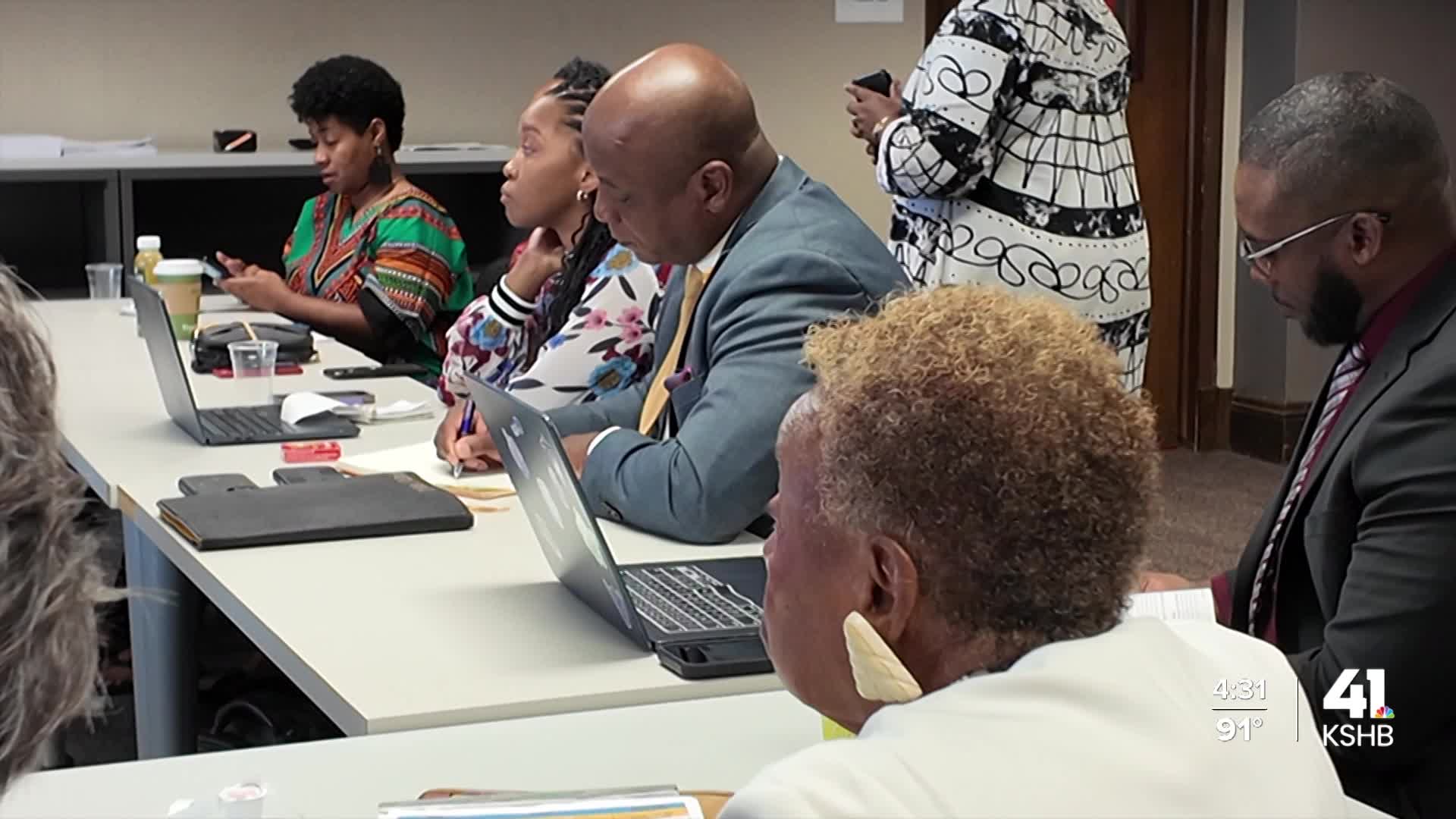KANSAS CITY, Mo. — A new 16-month study launched by the Mayor’s Commission on Reparations is working to document decades of discriminatory practices and recommend steps to expand opportunities for Kansas City’s Black residents.
The Carter Development Group has assembled a 12-member research team to lead the effort.
The group will work with local archives and community members to collect records and firsthand accounts.
Dr. Adrian Carter is the firm’s CEO and founder.

“Despite the fact that there might be laws on the books that say all men were created equal, in reality that’s not really happening,” Carter said.
The commission will examine five areas: health, education, economics, housing and criminal justice.
Terri Barnes, chair of the Mayor’s Commission on Reparations, said the goal is to produce thorough, accurate research that highlights opportunities to make the city more equitable.

“Well, it’s critically important, especially now," said Barnes. "I think we’ve all seen the executive orders coming down from the administration. And I think it’s really important for us to understand our history, particularly from a governmental standpoint.”
Speakers at a recent meeting highlighted the lingering effects of redlining — the historic practice of drawing maps to segregate neighborhoods — and said those patterns continue to shape outcomes in Kansas City.
Mayor Pro Tem Ryana Parks-Shaw was on the committee that worked to get this commission started.

“As I've been on the council now for six years to understand how all of those policies years ago are continuing to affect people who are still here today and without us doing this important work will continue,” said Parks-Shaw
U.S. Rep. Emanuel Cleaver II warned that recent redistricting moves risk reinforcing those divisions.
“The Missouri General Assembly just went back to 1955,” Cleaver said. "Because the line for the 5th District on the west side is Troost, all the way Troost. African Americans on one side and non-African Americans on the other side. We were erasing that line.”

After completing the study, the commission and its research partners plan to recommend policies and programs intended to reduce disparities and expand equal opportunities across the city.





